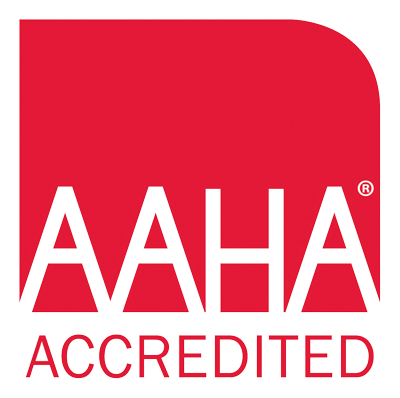Start Puppy Potty Training With A Good Bathroom Routine
It usually only takes once or twice of cleaning puppy urine and defecation for owners to realize the importance of potty training. Puppy potty training should begin immediately upon bringing your new canine companion home. The easiest plan for very young puppies is to take them out a lot (hourly for some) where you want them to go and reward with immediate gentle praise after they go to the bathroom.

Please remember that your puppy is not going potty in the house on purpose but because he or she doesn't know any better. Therefore, your best allies during puppy potty training are patience, planning, and plenty of positive reinforcement. Also, do not dwell on negative reinforcement when accidents happen (and they will happen!), because it is essential to maintain a bond of trust and security between puppy and owner during puppy potty training that only compassion and calmness can facilitate. Different sizes and breeds will train differently. We recommend that you work with our recommended dog trainer from a very early age to begin the best habits for that particular puppy.
Crate training is a way to confine the puppy in a small area so that it does not soil the house or chew up shoes when he or she is not being watched. The crate can be used humanely when the owners are aware of the proper exercise requirements and have set up a schedule for eating and going outside to help with potty training. The crate can become a den for most dogs and greatly aid in the owner's ability to potty train.
Puppy potty training begins with knowing when you should take your puppy outside to do his or her business. The most common times to take your puppy out to potty are:
- When you wake up (or the puppy wakes up)
- Right before bedtime
- Immediately after your puppy eats or drinks and again 20-30 minutes after
- When your puppy wakes up from a nap
- During and after physical activity
Once your puppy begins his or her vaccinations, he or she is ready to begin puppy class with other vaccinated puppies. We recommend that you begin puppy classes at 7-8 weeks and continue from puppy class to the next stage of basic training.
Understanding How To Deal With Puppy Teething
Puppy teething is a normal, albeit annoying and sometimes painful part of having a puppy. It is important to understand that puppy teething is a natural part of the canine growth and maturity process, but also that it is a behavior that can get out of hand without providing proper outlets for a dog during the puppy teething phase.
Almost without exception, puppies are born without teeth. Deciduous teeth, begin to appear at about three weeks of age. By six to eight weeks of age, the puppy will have a full set of 28 baby teeth. This rapid, new growth leads to puppy teething. During puppy teething, your puppy may target all kinds of objects to gnaw and chew to relieve the discomfort associated with growing teeth. Teething is an important part of canine development for the following reasons:

- Biting and nipping is a social moor of the canine culture
- Puppy teething is a way to attract attention
- Puppy teething is a defense mechanism
It is important to provide age-appropriate puppy teething devices and toys to your puppy during this time, and also to gently but assertively reinforce that nips and bites to people, property, and other animals is not okay. If you do have other animals present for the puppy teething period in your home, they will do a good job of being assertive too. Just be sure to monitor play between animals in order to ensure that an innocent puppy teething incident does not escalate into something more serious.
Socializing Your Puppy
Early socialization is one of the most important aspects of puppy care. It involves getting your puppy started at 7-8 weeks in a puppy class with a veterinary recommended trainer. Puppies will go through some very important developmental stages as early as 8-12 weeks. It is super important that your puppy experiences safe and varied socializing during this time involving people, dogs, and various situations. While many owners feel that they have the experience necessary to provide good socializing, there is no substitute for a puppy class with a good trainer.

During your puppy's visits to our hospital, we will help to identify problem behaviors and help you understand how to deter your puppy from developing bad habits. We will discuss and concerns you may have and offer solutions. We will also provide information you can take home so that everyone in your family can do their part in helping to encourage positive puppy behaviors.
For example, dogs lacking socialization skills are much more likely to react with fear or aggression to unfamiliar people, animals, and experiences. Dogs who are relaxed about honking horns, cats, cyclists, veterinary examinations, crowds, and long stairwells are easier and safer to live with than dogs who find these situations threatening. Well-socialized dogs also live much more relaxed, peaceful and happy lives than dogs who are constantly stressed out by their environments.
From 8-12 weeks of age, puppies are most comfortable learning new behaviors, having new experiences, and meeting new people or animals. They still might become frightened, but you can help by regulating new situations and providing supportive positive feedback when fear occurs. After 12 weeks of age, puppies begin to become less tolerant of new situations, people and animals, making socialization and obedience training more difficult as time goes on.
Contact Us Today to Schedule A Veterinary Appointment For Your Puppy
Scheduling a puppy care appointment with our veterinary team is as easy as picking up the phone or sending us an email. Our veterinary staff is here to make your trip to the vet easy for you while ensuring it's also stress-free for your puppy.


